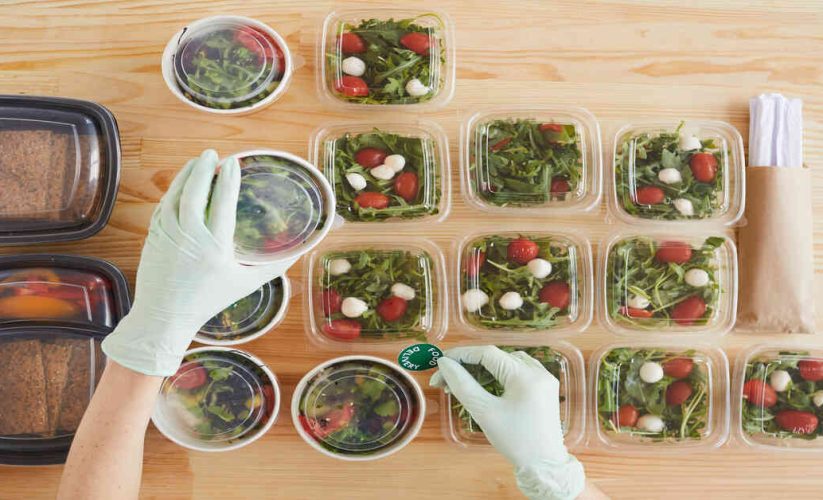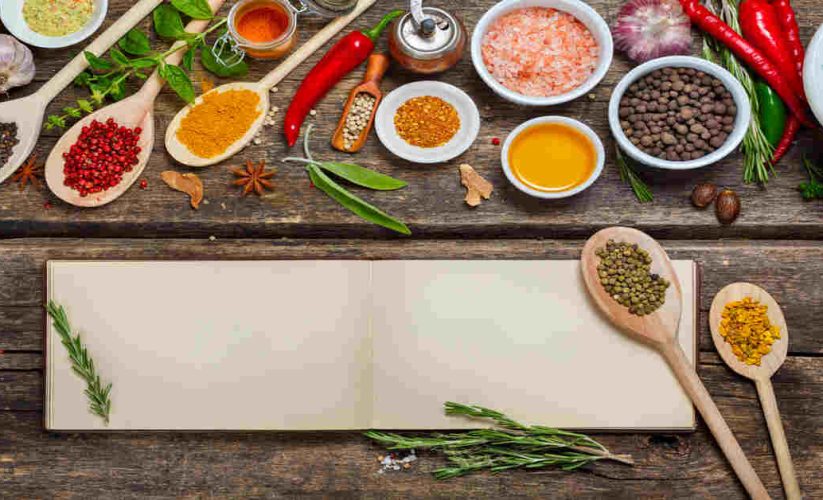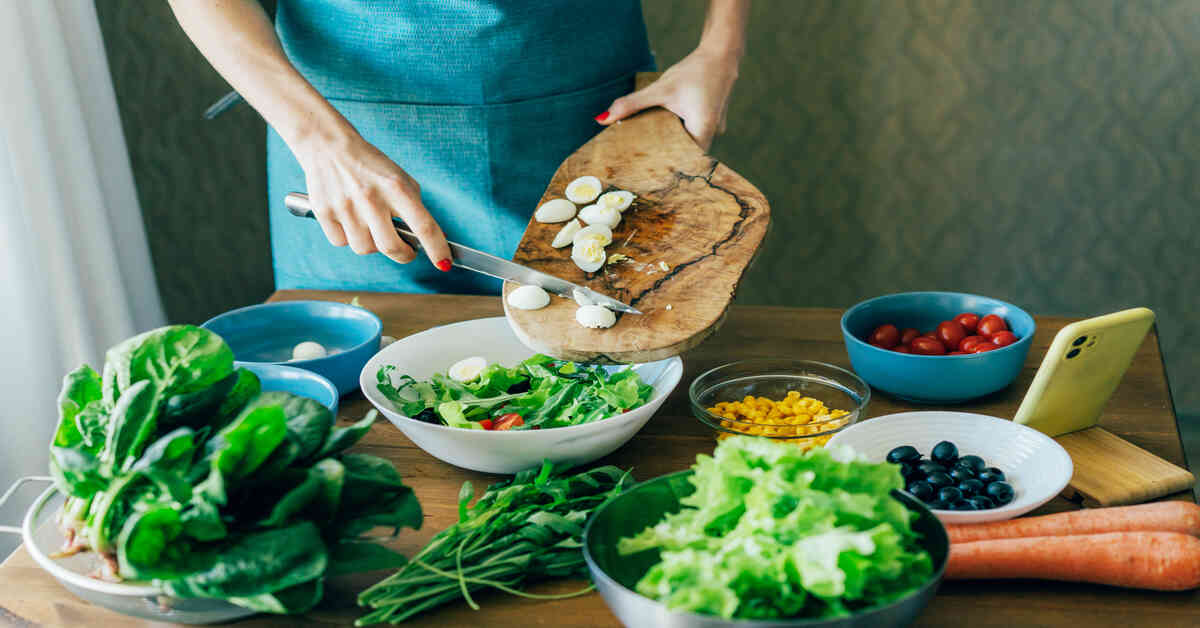
Meal Prep Mastery: Your Guide to Balanced, Nutritious Eating
Meal prep may become your new best friend in case you have ever arrived at home hungry with the intention of eating whatever comes first. Ahead of time meal preparation does not only save time throughout the week but also makes smart and balanced nutrition choices that will help you maintain your health objectives.
And whether you are attempting to eat clean, lose weight or just avoid takeout, these healthy meal prep ideas will make planning, gathering, and portioning your food stress-free. Let’s explore how to turn your Sunday prep session into a week of delicious, nutritious eating.
Start with a Simple Plan
The principle of the first meal preparation is: be simple. Do not attempt to cook five new recipes at the same time. As an alternative, prepare two or three main meals that can be combined and interchangeable over the course of the week.
To provide an example, roasted chicken, quinoa, and roasted vegetables may be served in various combinations in a bowl, wrap or salad. This makes your menu interesting and does not increase your work.
Indicate what you are going to have for breakfast, lunch, and dinner every day. After having a skeleton, make a shopping list that will not make you buy too much.
Build a Balanced Plate
The key to healthy eating lies in balance. Each meal should include:
- Protein: Lean meats, eggs, tofu, beans, or lentils.
- Complex carbs: Whole grains like brown rice, quinoa, or sweet potatoes.
- Healthy fats: Avocado, olive oil, nuts, or seeds.
- Vegetables: A colorful mix for vitamins, fiber, and freshness.
These components make your meals filling and nutritionally complete. You can rotate ingredients weekly to keep things fresh and flavorful.
Batch Cooking Basics
Preparing food in batches is a time-saving and stress-free activity. Select a day of the week (a day off is typically on Sundays) when you cook your main products in large quantities. Prepare a pan of vegetables, prepare grains, grill chicken or tofu, and divide them.
Pack ready-made products in air tight containers and keep them refrigerated or frozen as per convenience. Label containers with date to know what to consume first.
Pro tip: Use good glass containers. They can be used again, put in the microwave and the food presented in them looks better too.
Flavor Without the Fuss
The preparation of meals does not imply monotonous food. The secret lies in flavor. Herbs, spices and condiments are used to make the same base ingredients for different meals.
As an example, you could make chicken in three different ways: lemon herb, teriyaki, or chili lime, and make it in salads, bowls, or wraps over the course of the week.
Spice blends, fresh herbs, homemade sauces: experiment. These small add-ons transform your healthy meal preparation thoughts into fancy with very little effort.
Smart Storage and Freshness Tips
Proper storage keeps your meals tasting fresh all week.
- Refrigerate cooked meals for up to 4 days.
- Freeze portions you’ll eat later in the week.
- Store sauces and dressings separately to avoid soggy meals.
- Keep raw ingredients (like salad greens) in airtight containers with paper towels to absorb moisture.
Rotating meals also helps avoid food fatigue, alternating between hot meals and cold options like grain bowls or wraps.
Portion Control Made Easy
Eating in batches is a natural way of controlling portions. Prepare meals in small portions and make sure that they contain equal proportions of protein, carbs, and vegetables.
Apply the half-plate rule, half your plate of vegetables, one-quarter of protein and one-quarter of carbs. This is an easy method of remaining healthy without counting calories.
Time-Saving Tools
Having the right tools makes meal prep much smoother. A few essentials include:
- Sharp knives and a sturdy cutting board
- Sheet pans for roasting
- A slow cooker or instant pot for set-it-and-forget-it meals
- Measuring cups for consistency
With these, your weekly prep will take less time and deliver better results.
FAQs
1. How long does prepped food stay fresh?
The majority of prepared foods take 3 or 4 days in the refrigerator. To store the food that you intend to consume further into the week, freeze them in labeled containers and leave them in the refrigerator overnight and reheat them.
2. What are the best foods for meal prep beginners?
Begin with the foods that are easy to cook and store properly grilled chicken, rice, pasta, roasted vegetables, and overnight oats. These are meal preparation ingredients that work across all otherwise healthy meal preps.
3. How do I prevent getting bored of the same meals?
Rotate flavors weekly. Use different sauces, herbs, and marinades for variety. You can also prep “base” ingredients (like grains and proteins) and mix them with new toppings or dressings daily.
Final Thoughts
Meal prep is not just a time-saving method, but it is a lifestyle change that will allow one to eat healthily without difficulty. With a little planning, easy healthy meal preparation concepts, and a hint of creativity, you will eat healthily, use less food, and feel better all week long.And always bear in mind, it is not about being perfect, it is about making progress. Get a small start, cook what you can, and slowly develop the rhythm that works to your time schedule. You can change your eating habits with a few hours of preparation per week and eat balanced and delicious meals every day.




